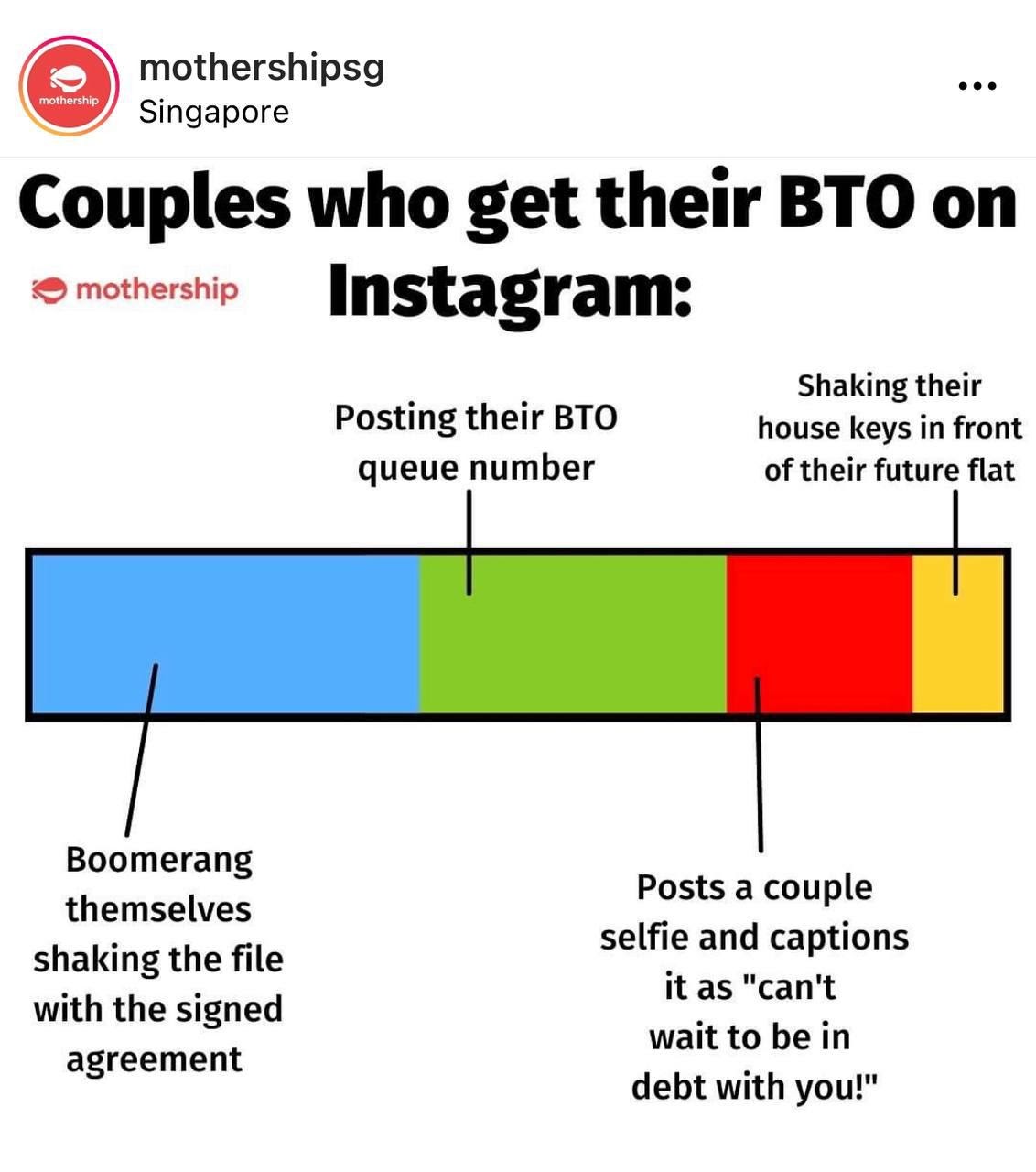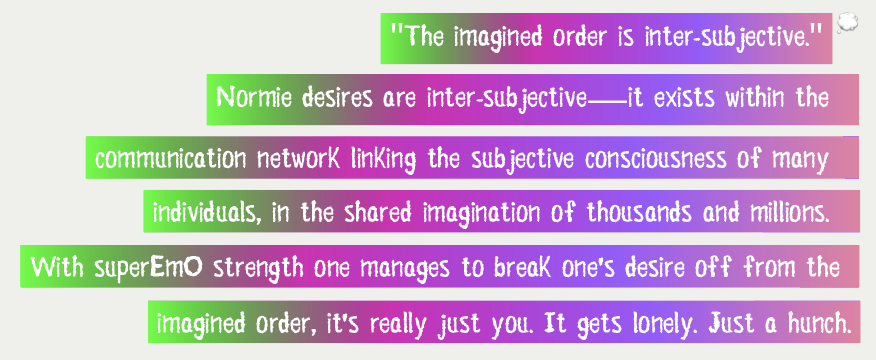Two Originals
Bulb, Bubble, Burst
Crate 7004 (Dear Shareholder,)
Archiving Bonds, Shares & Holdings
Notes on Stadiums
Trust the Building
The Infinite Dispositions of Parafactual Sites
Live Creatives the Show
LCS: The Live Set
LCS: Moments of Cuteness
Ride it or Die it (RealiTopia Part II)
Sunset X
Sun in ’D’E’M
Tiongxim is a lie, Hongster never die
2272 Open Report II
2272 Open Report
Flexier Than You
Apex Gaze
C-Files
Angelus Novirus
A Post Work(Out) Eulogy
True Roman¢e
Pure Ever
Part-time DJ
Art Direction
Events
About/Contact
Bulb, Bubble, Burst
Crate 7004 (Dear Shareholder,)
Archiving Bonds, Shares & Holdings
Notes on Stadiums
Trust the Building
The Infinite Dispositions of Parafactual Sites
Live Creatives the Show
LCS: The Live Set
LCS: Moments of Cuteness
Ride it or Die it (RealiTopia Part II)
Sunset X
Sun in ’D’E’M
Tiongxim is a lie, Hongster never die
2272 Open Report II
2272 Open Report
Flexier Than You
Apex Gaze
C-Files
Angelus Novirus
A Post Work(Out) Eulogy
True Roman¢e
Pure Ever
Part-time DJ
Art Direction
Events
About/Contact



When I first started on the OG-schmood-piece RealiTopia, it was intended to be a brief flat-lay study or, display may be the better term, of what a very SG-particular spatial nuclearity “feels” like. Spatial nuclearity being a derivative/an analog of “familial nuclearity”—an elementary, conjugal family unit structure consisting of two parents and their spawn(s). I was considering, very hard, what are the psychospatial consequences of such a mode of being on the individuals, as well as on its edge-bled community-psyche.
This maiden research phase has taken me through a blend of aural wavelengths and visual depictions of said nuclear “mode-of-being” (that will be shortened to MOB from here on), an introduction by Teo Yeo Yann (Let’s Apply for A Flat!, for her tome Neoliberal Morality), a buffet of “visible” young-coupling rituals—which has since conjured within me, the impossibly bothering desire to binge-watch all available content online—including but not limited to BTO Keys collection and the pineapple rolling sequence, new/reno home tours, furniture shopping vlogs, couple meal-prepping and so on.🏠
Understandably, this MOB seems to be something made available namely to heteronormative persons—who seem to be the main subjects this project considers—but it is in no way an erasure of communities that are, in their own ways, performing their everyday lives in response/rejection of such normative nuclearity. In fact, in laying out all the characteristics/tropes and specificities of such MOB, I hope it allows for the exposure of the arbitrary, funky, and even wack (yet still highly addictive) nature of these rituals.
It is a fascination with this silent-disciplined (or not-so) majority’s privilege, it’s a comfort food within the realm of aspirational entertainment which gives it its aforementioned bingey quality. I hoped to work through the reasons behind their strange addictiveness, through some kind of desire-articulating lens. And why is cringe so binge-worthy? I’ve also chosen to evoke (and believe) Cringe as a deliberate/delirious framework rather than simply a flavour that is peppered primarily for the purpose of spicing up otherwise bland and inaccessible narratives.
As its own form of bingey nuclearity (mirroring the core tenets of binge, or is binge a state of mind?), I’m going to roughly categorise and translate them into a series of repeatable exercises which I will first carry out with Couple_Zero, in an attempt to work through and understand these bingey qualities of the MOB. I’d like to see how a couple reacts to certain prompts, that questions/justifies/linearises specific acts of love/betrayal/stability/complicity. Here is a basic list of play-acting I’d like my couple of choice (Couple_Zero) to perform/enact, spatially flattened to the roof of Heng Loong Building:
- An imaginary new-house tour
- Keys jangling flex
- Rituals for claiming a new space
- A fight/argument
- Evidence of intimacy


︎ DAU (2019) - a sprawling- immersive cinematic experience organised by Russian filmmaker Ilya Khrzhanovsky.
A 12,000m2 set was built for this 15-year filming period. Actors lived on-set in character for 24h a day.
📺 Hyper-relevant ‘catfish-turned real’ fearmongering edutainment?
Having executed Round_Zero with said couple, who features exclusively for this video piece, it made me realise that the amount of self-reflexivity present determines everything. A crucial factor as to how the couple will respond to this exercise—are they now bequeathed with an opportunity to wield maximal performativity? Or should they actually take it seriously, speculate in an educated manner and attempt to work out actual potential co-living issues?
And what is the operative of the “viewer” (myself included) at this moment—who is perhaps a tad less than a few months ago, but still lonely, bored, and has an addictive personality—when it comes to binging on these contents (with or without a perverse sense of interest)? Whilst there was a distinct difference in being a viewer vs a producer (esp. in the early television era)—now we occupy both positions, whether we want/know it or not—to produce content based on our experiences as a consumer of OG content. Of course, also exacerbated by the generative feedback loops offered by advertising and viewership-tracking, trend-forecast based productions etc. We are the “middle people” watching Upstairs, Downstairs and how we respond also becomes part of the piece.


As convenient as it is to attribute to the state and it’s institutional-disciplinary familial policies, they may not be the all-encompassing reason for the continual approval of such MOB, (see the spectacular failure of pro-natal policies in SG in aforementioned book Neoliberal Morality). This project seeks to reveal the cheeky half-want/desire of the individual(s)—that are admittedly shaped by naturalising/normalising policies to begin with, but where precisely do we draw the line? Do normative desires simply emerge through indoctrination, or are they catalysts triggering a cascade of pre-existing/nascent beliefs? And does the contemporary intersection of cringe and binge further cement the forces of addiction and acceptance as all too primal?

“We are probably not passive receivers, but agents empowered not only to unstitch the state’s ideological mechanisms, messages and psychic impressions but also to recode these in the context of desire, and thereby further codifying/reifying them into existence.”👤 Cuz how do you want something you don’t desire? All the discourse on the erotics can’t account for how desire forms and if there is a “right” mode of desiring, a “right” object of desire for each individual.
💭 Sapiens - A Brief History of Humankind, Yuval Noah Harari, 2011
👤 Neoliberal Morality in Singapore: How Family Policies Make State and Society, Teo Yeo Yenn, 2015
It’s impossible to think through SG-worldmaking without considering the ubiquitous sentiment of complicity, and it is too much of a blanket statement to attribute obedience of the general population as the result of an iron-fisted technocracy. Perhaps the latent effects of the original policies have indeed bred and nurtured a population that is satisfied and inoculated against non-normie wants, and when peoples have been consistently pitched against the “external” (an imagined global) on the frontlines alongside the national, it renders “the paradoxes embedded within state pursuits of neoliberalism inevitable, natural, and indeed good”📜 - that of the family as atomised, highly individualised units. As TYY puts it succinctly, “the community orientation is itself limited in important ways: while the family as an institution is valorized and institutionally reinforced as the central unit in Singapore society, the relationships established through family policies are primarily between the state and individual family units, often at the cost of lateral relationships between Singaporeans.”🏛 The “for-your-own-good”ism rings strong and undefeated—and when this sentiment of nuclearity gets intertwined with the immovability of desire, it’s not going anywhere, for goods.
📜 ibid
🏛. ibid
🏛. ibid


RealiTopia II (Ride it or Die it)
19’09” Digital Video
202119’09” Digital Video
Produced for Bulanujung